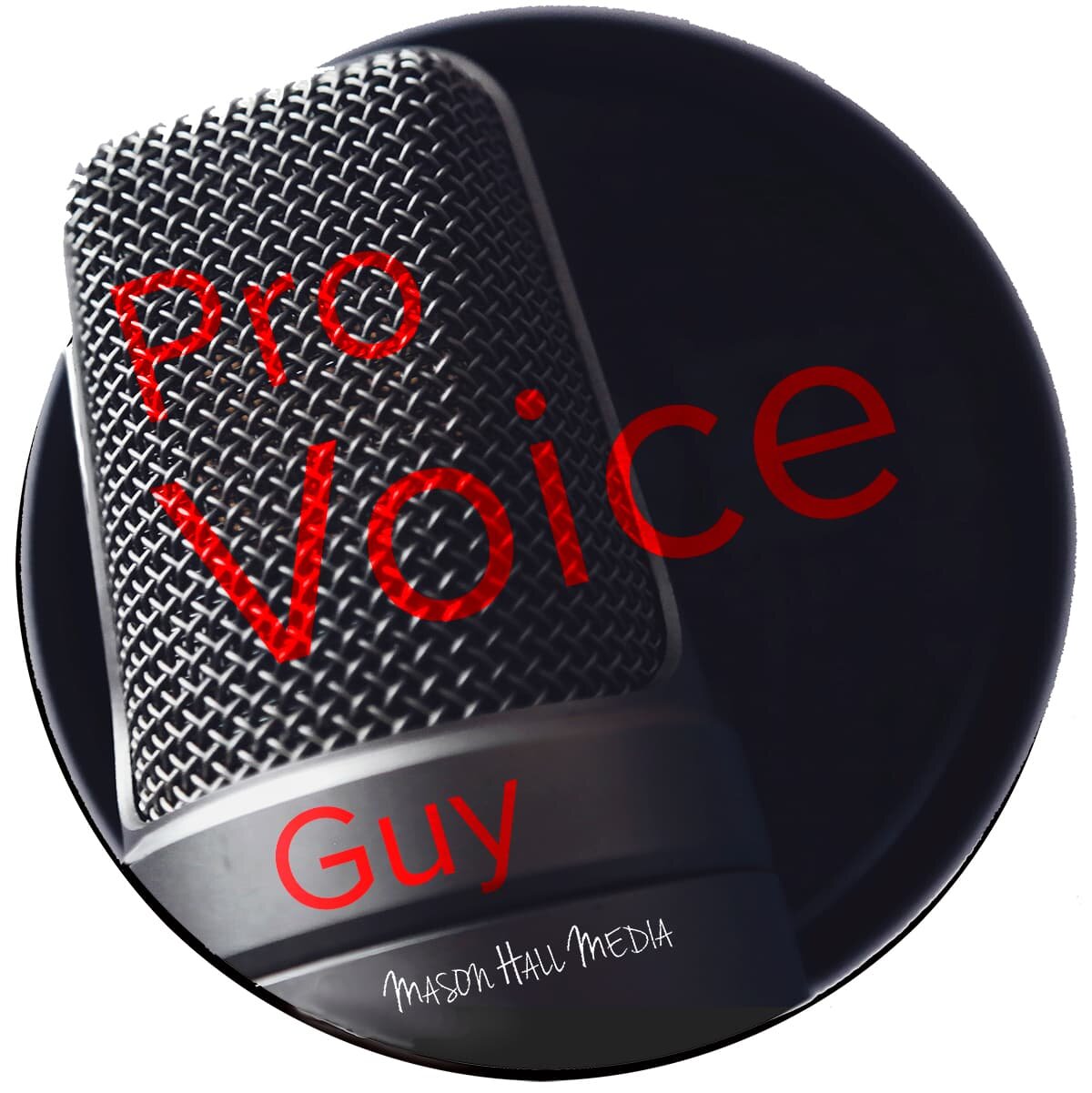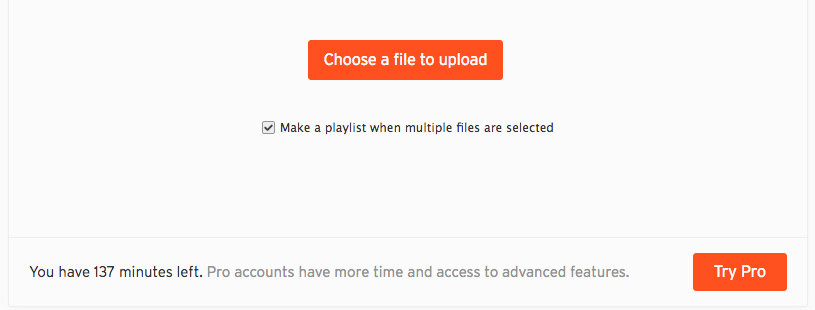Starting Your Own Podcast #5: "How much space do I need?"
When starting your own podcast, how much space do you need from your podcasting host? Buzzsprout, Libsyn, PodBean, SoundCloud, Anchor, and others offer differing amounts of storage and bandwidth.
When I started researching where to host my podcast, I was overwhelmed by the number of platforms available. It was challenging to figure out where to start. The issue wasn't just about finding the best price. There are so many factors that go into choosing the best site to host your podcast. It can be overwhelming. In this series, I will look at some of the features you should consider when deciding where to host your podcast.
This post is part of a series on starting your own podcast. You are welcome to start at the beginning with Starting Your Own Podcast #1 The Microphone.
Podcast Hosting Feature #1: Upload, Storage, and Bandwidth Limits
This is an excellent place to start. No matter what other features your podcast host has to offer, you need to be sure they are going to provide you with enough space and bandwidth. There are three types of limits hosts place on podcast authors: monthly upload limits, total storage limits, and bandwidth limits.
Podcasting Host Monthly Upload Limits
Podcast hosting sites usually place a limit on how much you can upload each month (or day). This is sometimes listed in minutes but often in MB (megabyte) which can be a little confusing. Many new podcasters may know how long (in minutes) their shows will be but haven't thought about it in terms of megabytes.)Unfortunately, there is no simple formula since MB per minute depends on the bitrate of your podcast.
Bitrate?
When you encode your podcast as an MP3 (if you need some clarity about what I am talking about here, check out my post on podcasting software,) you can choose at what bitrate you wish to encode it. For simplicity think of this as a decision of quality vs. size. The higher the bitrate, the higher the quality.
If you really want to dig into the complexities of choosing a bitrate, you should check out this article.
If you just want the easy answer, 96kbps (kilobits per second) is a safe choice for most podcasts, 64kbps will work quite well if you want to save space, and 128kbps is still a decent choice if you are anxious about sound quality.
Here is about how much storage space 30 minutes of a podcast will use at those bitrates.
- 64 kbps ~ 15MB
- 96 kbps ~ 23MB
- 128 kbps ~ 30MB
Still, what does that mean?
Okay, let's say you want to host your podcast on Lisbyn and you choose their Classic 50 plan. It offers 50MB/month of storage. If your podcast is going to be around 30 minutes and you encode it at 96 kbps, you could upload about 2 podcasts per month. At the beginning of the next month, you would have room to upload about 2 more.
Of course, if you are terrible at math, you could just choose a podcast host that figures its limits in minutes.
Podcasting Host Total Storage Limits
While some podcasting hosts think in terms of monthly uploads, others think in terms of total storage (and some think in both.) They might not care how much you upload each month, they care about how much you have stored on their service. Again, this may be measured in minutes, or in megabytes. These do not reset. If you are looking at a host with total storage limits, you are going to need to consider how long you want your podcasts to be available.
Let's look at the example of SoundCloud. SoundCloud does not limit how much you upload each month, they limit your total uploads. For their free plan, they offer 3 hours of upload time. period. Their Pro Plan provides 6 hours. There is no monthly limit so it doesn't reset. That means, on their Pro Plan, you could upload six hours worth of podcasts in your first month but there won't be more storage available the next month. The downside is, when you are ready to upload more, you will either need to go back and delete your old podcasts or upgrade to their unlimited plan.
Podcasting Host Bandwidth Limits
Now that you have learned about how much can uploaded and stored on each service, it is time to switch to the other side of the equation, how many people can listen to our podcast. This can be the most difficult to understand because we actually have little control of this (though most of us would like more people to listen!)
Bandwidth accounts for the amount of data downloaded as people listen to our podcast. The formula for figuring that out goes something like this:
In other words, if 10 people listen to my 30-minute podcast episode this month, which I have encoded at 96kbs for a total of 23MB, I would use 230MB of bandwidth. That wouldn't count for people listening to more than one podcast episode.
If you look at podcasting hosts with limited bandwidth, you will see that it would be easy to quickly exceed limits on some of the smaller plans as your audience grows. Even if you don't anticipate many listeners or your podcasts are initially short, you will want to consider what will happen if your audience expands or your shows grow in length or frequency. This is a good place to think ahead so that you can upgrade easily when the time comes.
Again, if you are terrible at math, you can always consider a host with unlimited bandwidth.
I realize this is all a lot to think about. But don't worry, in a future post, I will compare some of the more popular podcasting posting platforms using the terminology I have laid out here.
In the meantime, check out my podcast here.
If you are looking for a professional intro for your podcast, I can help. Check out my professionally voiced and produced podcast intros starting at $10.
If you want to check out some of the equipment I used in my own studio or write about on this blog, you can read more here.





